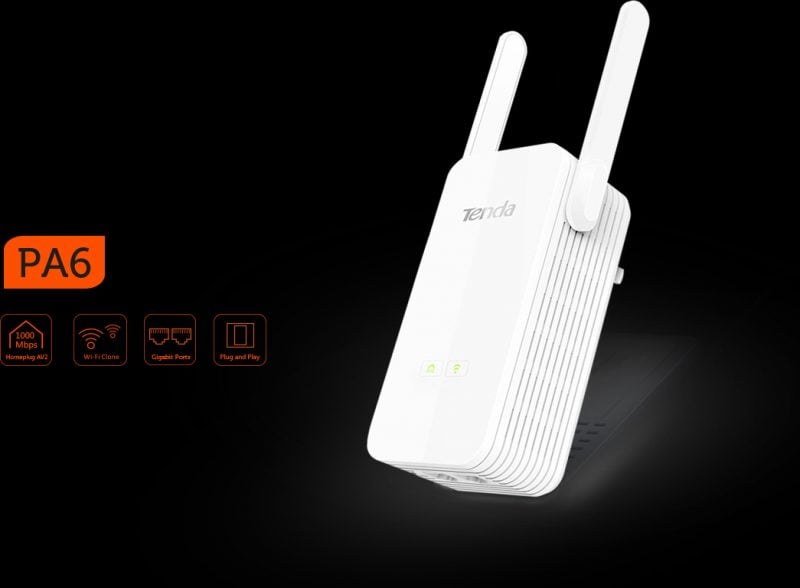Security News

Ooma announced Ooma Wi-Fi, a service for Ooma Office cloud-based phone service customers that takes the complexity out of wireless networking for small and medium-sized businesses. Ooma is providing three access points for Ooma Wi-Fi:. The Ooma AP 250 provides Wi-Fi coverage for up to 3,000 square feet.

The Kr00k vulnerability disclosed earlier this has only been found to impact devices using Wi-Fi chips from Broadcom and Cypress, but researchers revealed this week that similar flaws have been discovered in chips made by Qualcomm and MediaTek. While Wi-Fi chips from Qualcomm, Ralink, Realtek and MediaTek are not vulnerable to Kr00k attacks, ESET researchers discovered that they are affected by similar flaws.

Netgear announced the availability of Insight Managed WiFi 6 AX1800 Access Points, WAX610 and WAX610Y, for an optimal WiFi experience in every business environment. This new WAX610 family brings next generation WiFi 6 performance to SMBs delivering up to 70% faster speed to each individual device than previous generation WiFi 51.

Zyxel Communications launched the MPro Mesh system for whole-home WiFi and the addition of two new WiFi 6 products for service providers: EX3510 AX5700 WiFi 6 Gigabit Ethernet Gateway and WX3310 Dual-Band Wireless AX Gigabit Access Point/Extender. All Zyxel WiFi 6 products are part of the MPro Mesh Managed WiFi Solution and are fully-compliant with the EasyMesh™ standard to provide fast, reliable whole-home coverage.

Joining the flagship Orbi WiFi 6 AX6000 Tri-band Mesh System, this new Orbi Mesh System, with its attractive price point, is designed to make robust whole home WiFi 6 mesh accessible to more households around the globe. Following on the tremendous success of the award-winning Orbi WiFi 6 AX6000 mesh system and the numerous WiFi 6 clients now available from phone and laptop manufacturers, the Orbi AX4200 WiFi 6 Mesh Systems join NETGEAR's industry-leading portfolio of WiFi 6 network product offerings.

Zyxel Networks announced the release of the latest update to its Nebula Cloud Networking Solution. The upgrade, which is available now as a free firmware release for Zyxel Nebula managed access points, switches and security gateways, incorporates key features that enhance WiFi security and enable vertical partners to incorporate the delivery of new value-add services.

Two of the bugs could allow complete remote control of the device. "A compromised device can become part of an internet of things botnet that launches distributed denial-of-service attacks, used to pivot to other connected devices, leveraged to mine for cryptocurrency or used in various other unauthorized ways," explained researchers at IBM X-Force, in a posting last week.

Laird Connectivity has announced the upcoming Sterling-LWB5+ Wi-Fi 5 and Bluetooth 5.1 module. Laird Connectivity's new Sterling-LWB5+ was intentionally designed for industrial IoT applications where performance, size, cost, and ruggedness are required to deliver reliable wireless connectivity.

This provides customers with an enhanced WiFi experience for critical video collaboration applications and the power of cloud-based AI for rapid problem resolution. The enhanced CloudVision WiFi offers real-time insight into the WiFi client journey, including the health of collaboration and video applications delivering optimal WiFi experiences through analytics and proactive remediation recommendations.

D-Link has announced the newest addition to its EXO line of routers with the availability of a new WiFi 6 solution the DIR-X1560. WiFi 6 or AX WiFi is the latest iEEE 802.11 standard which deliver greater speeds and capacity, but also reduces network congestion and improves device battery life, perfect for the multi-device home.